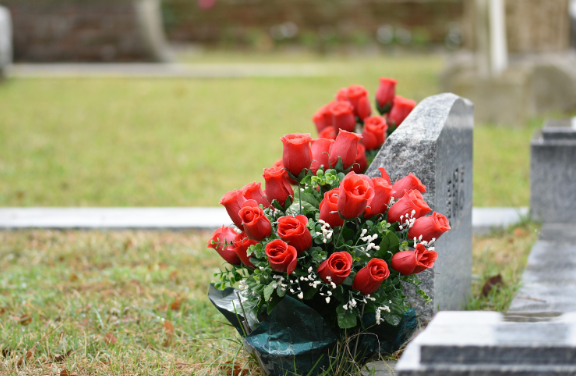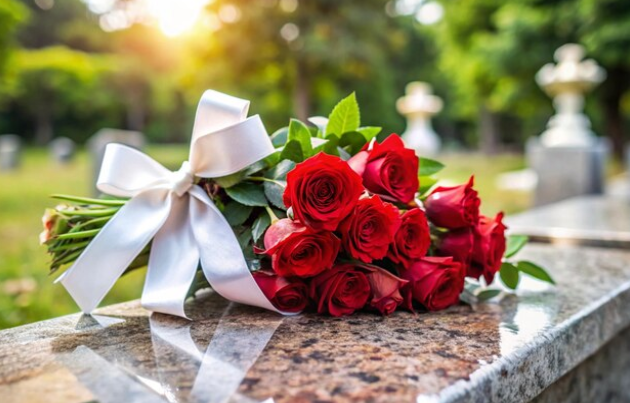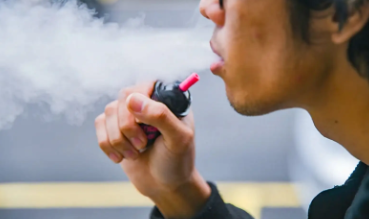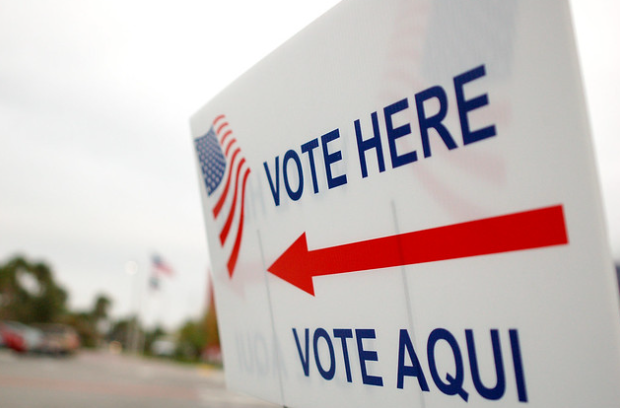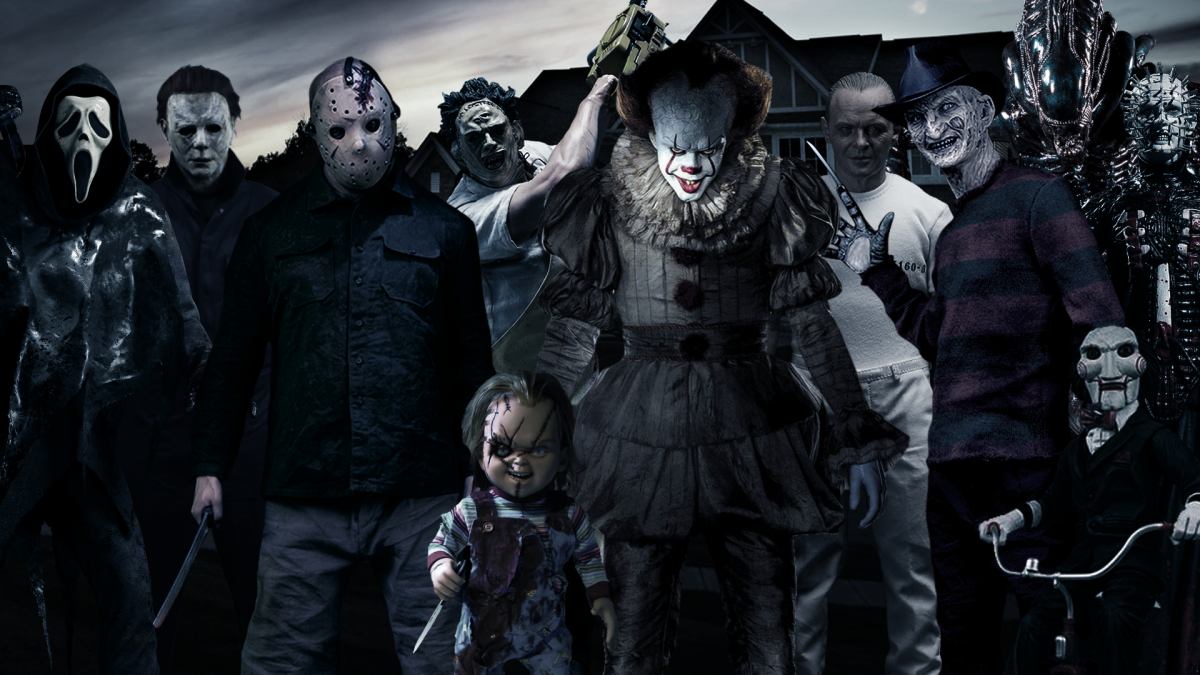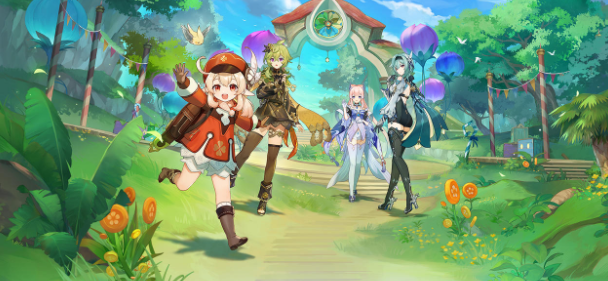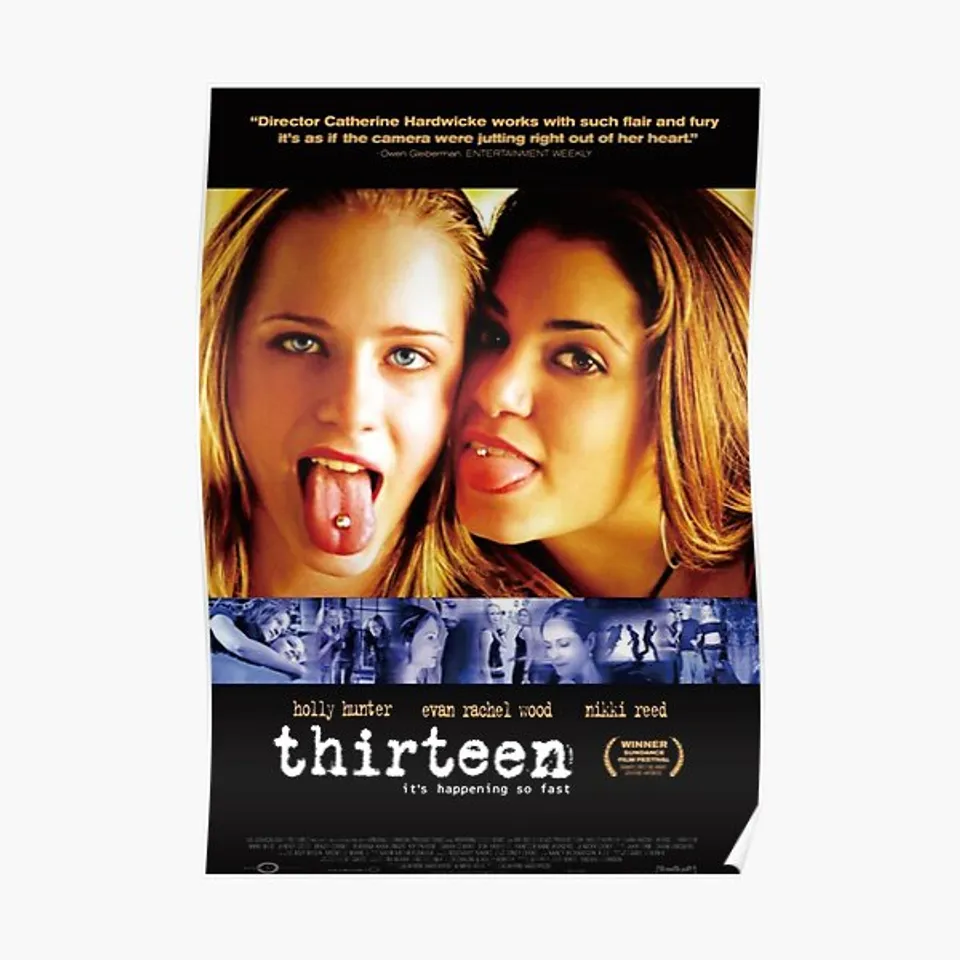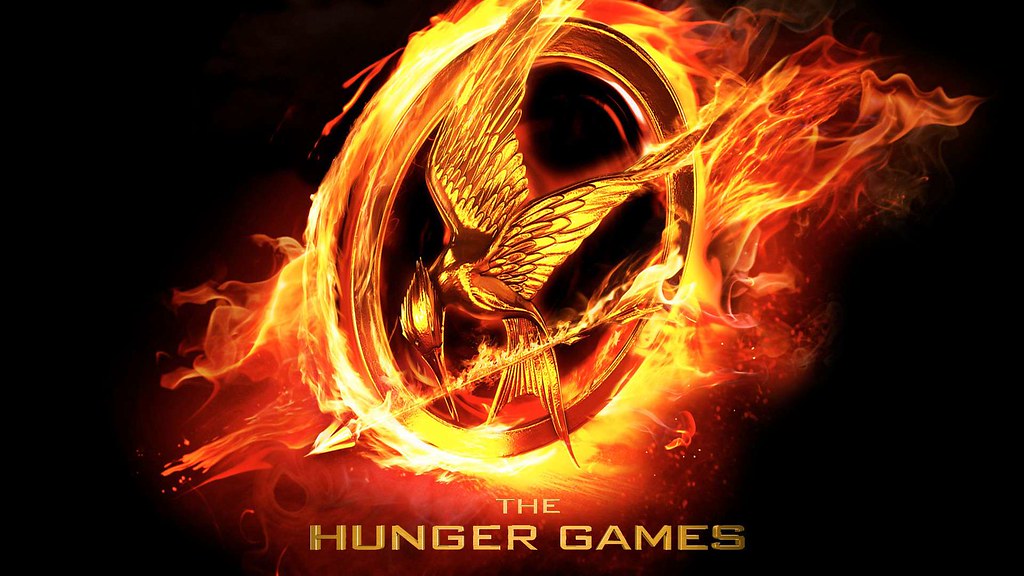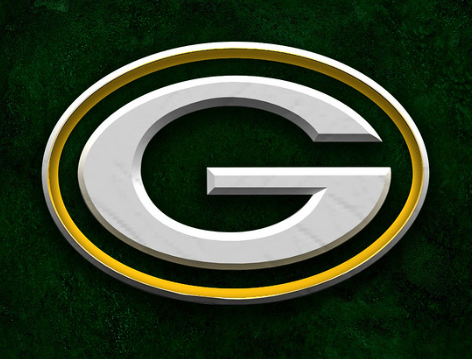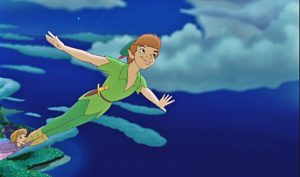Mitski’s Laurel Hell
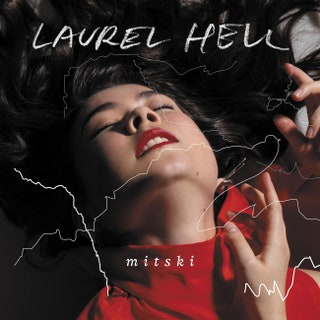
Image via Pitchfork
March 14, 2022
Mitski released her 6th studio album, Laurel Hell, almost 4 years after her 2018 record Be the Cowboy. After the release of Be the Cowboy, Mitski had decided privately to quit the music business. Soon after, however, she realized she had a record deal that required her to make one more album. Mitski’s relationship with music and her career is clearly portrayed in this album, with songs such as “Working for the Knife” and “Everyone.” Along with thoughts on her music, she also comments on fear and relationships in “Love Me More” and “Should’ve Been Me.” Laurel Hell is a stunning album by one of the best musicians of our time.
Valentine, Texas
The opening line, “let’s step carefully into the dark” sets the tone for the whole rest of the album. Throughout the rest of the album, it is clear she is struggling with the endings of her relationships and potentially her career in music. With these endings come scary and dark feelings of uncertainty. With lines such as “who will I become tonight,” it is clear she struggles with not knowing who she will be outside of making music, and who she is outside of the relationships she has. In an interview with Pitchfork, Mitski explains the title of the song, describing her experience driving through the desert town of Valentine, Texas. This imagery pairs well with the themes of uncertainty in the song.
Working for the Knife
Written in 2019 after deciding to quit the music industry, “Working for the Knife” reveals Mitski’s feelings about her music. The song opens with the line “I cry at the start of every movie, I guess ‘cause I wish I was making things too, but I am working for the knife.” This can be interpreted in many ways, but specifically, in relation to her music career, Mitski feels as though making music isn’t fulfilling to her anymore, perhaps because her art has been monetized, making it lose some of the magic. Since Mitski started making music when she was very young, she is reminiscing on the times when she wrote songs for herself. The song has an eerie feel to it, revealing that she feels that she cannot escape “the knife.”
Stay Soft
Mitski describes “Stay Soft” as a song about “hurt people finding each other, and using sex to make sense of their pain.” It seems to be describing a similar unhealthy relationship as those mentioned in the rest of the album.
Everyone
“Everyone” seems to be describing Mitski’s rise to fame and her resentment of it. This song expresses the feeling of being young and naive and letting yourself go because you’re not sure what the ramifications would be. She describes “opening [her] arms wide to the dark” and letting it take all. There are also similar themes of being trapped, and thinking you are free until you find you’re “back in line again.”
Heat Lightning
Mitski narrates the feeling of being awake at night and the intrusive things that may come with being alone with your thoughts. She is feeling hopeless and eventually comes to the conclusion that she should give herself up. Heat lightning is lightning that appears silent and can be unseen. She uses the metaphor of heat lightning to describe how her dark thoughts that cloud her mind can be unseen to the outside eye, especially her fans or perhaps her partner.
The Only Heartbreaker
In “The Only Heartbreaker,” Mitski describes feeling like you’re the only one making mistakes in the relationship and wanting your partner to “make just one mistake” so you’re not “the only heartbreaker.” However, Mitski suggests in her interview with Pitchfork that this can sometimes be a good feeling because it means you’re giving your all in a relationship, and therefore there is room for mistakes. On this note, this transitions well into the next song, which is about wishing your partner would love you more. Mitski does an excellent job at exploring the heartbreak that comes with being in a one-sided relationship and caring more about the other person than they do you.
Love Me More
Upbeat and inviting pop music paired with darker lyrics have always come through in some of Mitski’s music but is especially showcased in Laurel Hell. In “Love Me More,” Mitski yearns for a more fulfilling and deeper relationship. However, she seems to be craving validation from a lover to cover up her deeper insecurities. Like many of the other songs on the album, this song can also be applied to her music career. She may be seeking external validation from her fans to prove to herself that her music is worth making.
There’s Nothing Left For You
Throughout the whole album, Mitski makes comparisons between failed relationships and her relationship with her music. In this particular song, she seems to be expressing that she has nothing left to give. She describes that she wrote this song after her last show on her most recent tour- it continues to be clear that Mitski is no longer passionate about her music career, and feels like she has exhausted herself.
Should’ve Been Me
The upbeat 80s- inspired pop music in “Should’ve Been Me” hides the darker lyrics and themes. Whether or not it is based on personal experience, Mitski explores cheating through an empathetic lens. She describes the feeling of not being able to give your all to someone and be emotionally available for them and therefore understanding why they may look for that in someone else. Mitski is apologetic in the song and seems to understand that she is a hard person to love. From the perspective of the other person, she suggests that it “must be lonely loving someone trying to find their way out of a maze.”
I Guess
The second-to-last track on the album, and my personal favorite, is a farewell. To her music, to her past relationships, and even her past selves. In the first verse, Mitski sings “it’s been you and me since before I was me/without you, I don’t yet know quite how to live,” which portrays the theme shown throughout the entire album of Mitski wondering who she is outside of her music and her relationships. In just two verses, Mitski wonderfully describes the grieving process, including the acceptance that comes after. She expresses this with wonderful imagery of a still pond she is “staring into”. This lyric is wonderful because it not only shows the peace you feel when coming to terms with loss, but also the introspection that comes with the grieving process, comparable to staring at yourself in a pond. Following the pond imagery, she notes that “from here, I can say thank you”. In other words, after she has grieved and done some introspection, she can express her gratitude from a place of peace.
That’s Our Lamp
Although Mitski seems to feel content with her endings in the second-to-last song, the closing track shows her reminiscing about what has passed her by and her feelings about it. It has a different feel from “I Guess,” as she does not seem as content with the end. She is remembering when her partner loved her and feels like they “just don’t like [her],” or at least not like they used to. The song has very upbeat music, also contrasting with “I Guess.” Mitski seems to be taking a stance on the complications of endings, and how feelings of peace can change.
Overall, Laurel Hell is a fantastic work of art, and if this is the end of Mitski’s career, her final album will go down as a wonderful last farewell.

